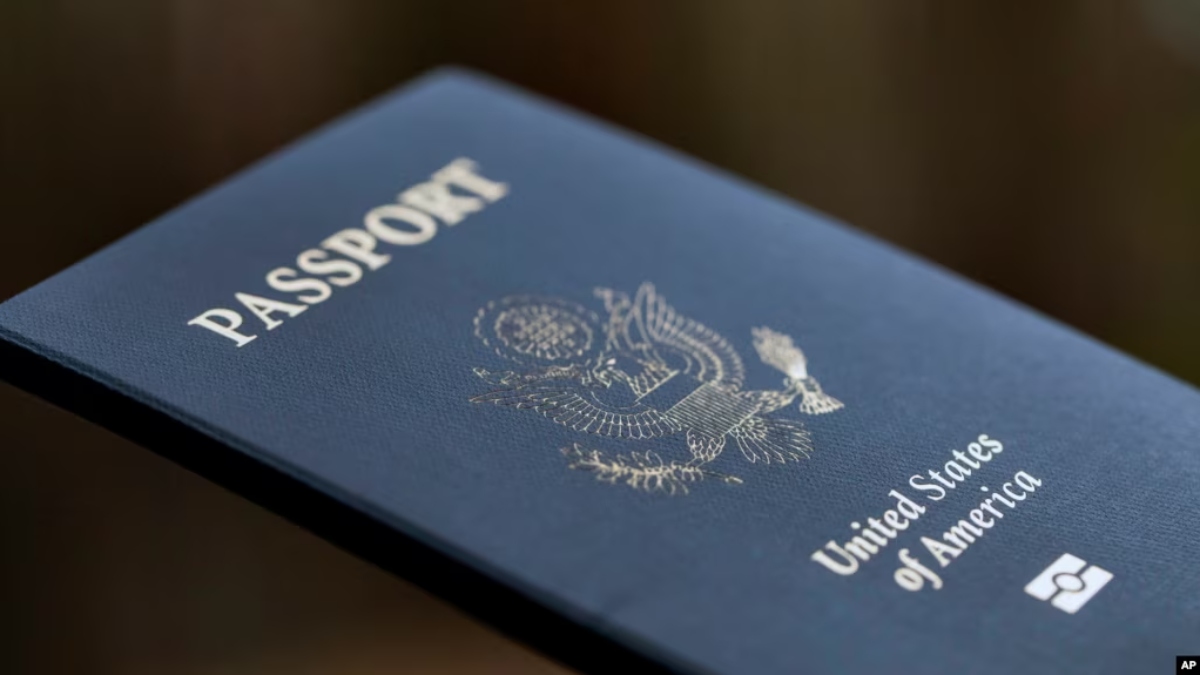 |
|
President Donald Trump's administration has initiated a significant challenge to the long-standing principle of birthright citizenship in the United States, a cornerstone of American immigration policy enshrined in the 14th Amendment. This move, which seeks to redefine the criteria for citizenship based on birth within US territory, has sparked intense debate and legal challenges across the nation. The core argument revolves around the interpretation of the phrase "subject to the jurisdiction" within the 14th Amendment, with the Trump administration asserting that children born to undocumented immigrants do not fall under this jurisdiction and therefore are not automatically granted citizenship. This controversial interpretation directly contradicts decades of legal precedent and established understanding of the amendment's intent, prompting widespread opposition from legal scholars, civil rights organizations, and state governments.
The potential consequences of eliminating birthright citizenship are far-reaching and profoundly impact not only undocumented immigrants but also their children, many of whom are raised in the US, attend its schools, and consider it their home. The practical implications extend to the lives of millions, potentially resulting in widespread deportation, family separation, and a significant shift in the demographic landscape of the nation. The economic implications are also substantial, as these individuals and their families contribute to the economy through employment, tax revenue, and consumption. The social and cultural ramifications are equally significant, with the potential disruption of established communities and the alienation of a segment of the population that has grown up within the fabric of American society.
While the legal battle over birthright citizenship unfolds, the article highlights alternative pathways to obtaining US citizenship, providing a glimmer of hope for those who aspire to become Americans. These pathways, including naturalization after a period of legal residency, marriage to a US citizen, demonstrating exceptional talent in STEM fields, and seeking asylum based on well-founded fears of persecution, offer avenues for immigration and eventual citizenship. These options, however, are often complex, costly, and require significant time and effort to navigate the intricate immigration system. The requirements for each pathway vary considerably, often involving extensive documentation, background checks, and legal representation, which poses a significant barrier for many seeking a new life in the United States.
The reaction to Trump's executive order has been swift and emphatic. Attorneys general from 22 states have filed lawsuits to block the president's attempt to dismantle birthright citizenship, arguing that it violates established constitutional guarantees and exceeds the executive branch's authority. These lawsuits represent a significant legal challenge to the administration's position and underscore the widespread opposition to the policy. The legal battles are expected to unfold over a considerable period, potentially stretching into the years ahead, as courts consider the constitutional arguments and the implications of such a sweeping policy change. The uncertainty surrounding the outcome of these legal challenges has fueled anxiety among immigrants and their families, leaving their futures hanging in the balance.
The debate over birthright citizenship highlights the complexities of immigration policy in the United States and underscores the deep divisions that exist regarding the treatment of immigrants and the future of the nation's immigration system. The issue touches upon fundamental principles of American identity, the role of the government in regulating immigration, and the ongoing tension between maintaining national security and upholding humanitarian values. The legal challenges and the ongoing discussion will undoubtedly shape the trajectory of immigration policy for years to come, with far-reaching consequences for the individuals affected and the country as a whole. The uncertainty surrounding the future of birthright citizenship and the broader issues of immigration continue to be a defining aspect of the American political landscape.
